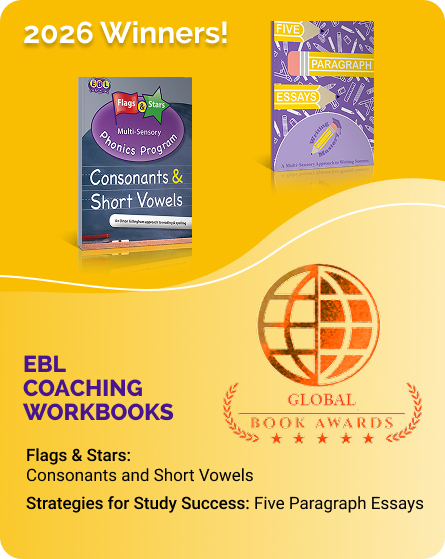
ADHD Tutoring
Students with ADHD often have difficulty with time management, organization, planning, and
studying for exams. They might complete assignments but forget to turn them in, lose papers and notebooks, and have backpacks that resemble danger zones. ADHD tutoring can help students develop tools and strategies for strengthening these skills.
ADHD tutoring typically involves creating an individualized instructional plan that is catered to the needs of each student. Students often respond well to ADHD tutoring that is multi-sensory, meaning the auditory, visual, and tactile/kinesthetic modalities are integrated, with tools such as colored highlighters, white boards, manipulatives, and even YouTube videos to engage the student. ADHD tutoring should also be structured and broken down into well-organized chunks. Students with ADHD typically respond well to incentives as part of the ADHD tutoring, such as games, computer time, or small prizes. Read more about these ideas at Study Strategies for your ADHD Child – EBL Coaching.
ADHD tutoring should always be individualized based on the needs of each student and should constantly be tweaked as students progress. This type of diagnostic and prescriptive teaching will help maximize the benefits of a child’s ADHD tutoring. Read more at Wondering if Your Child Has ADHD? – EBL Coaching.
Other Blogs About ADHD:
Differentiating Between ADHD and Autism in Children

